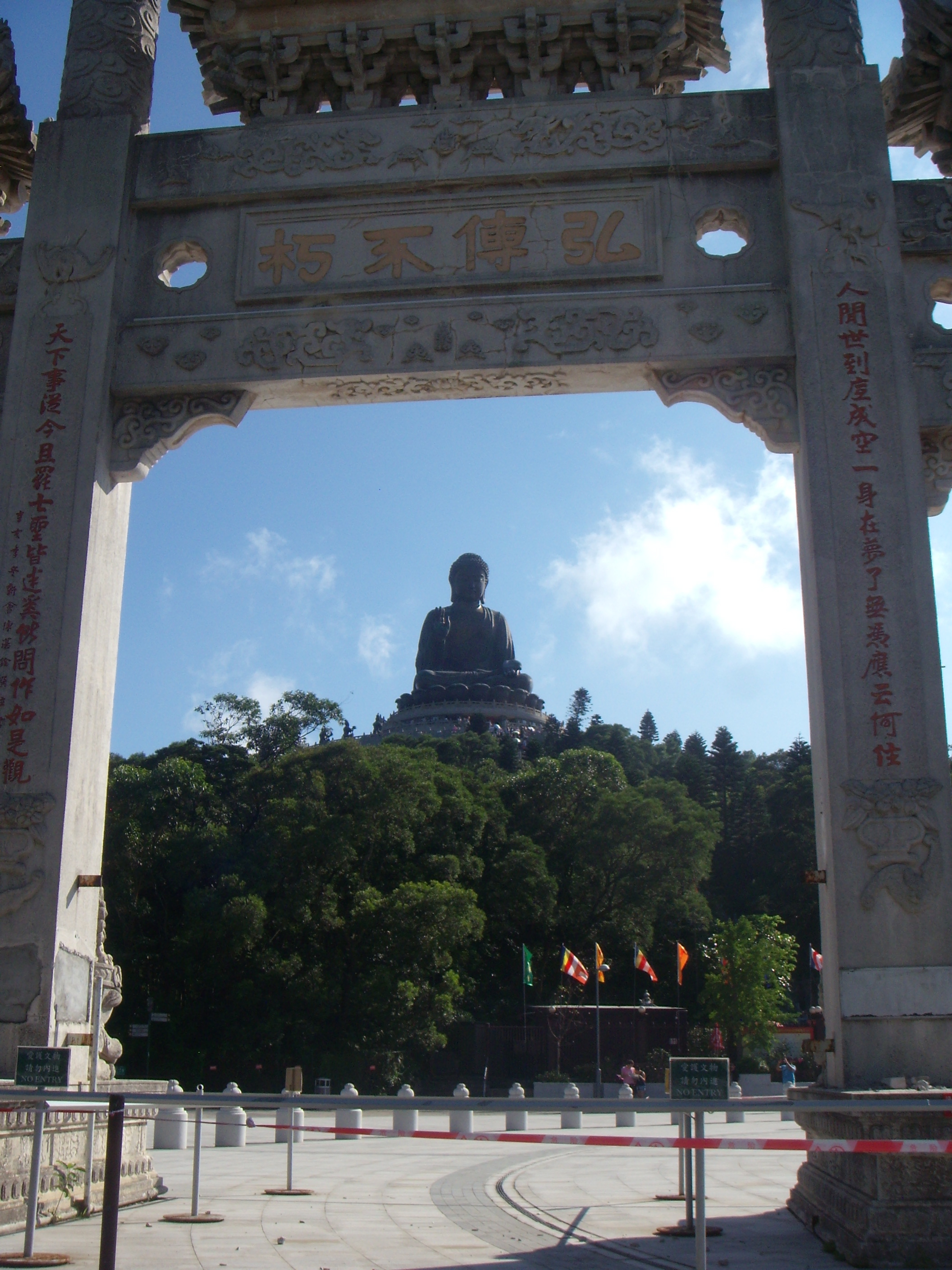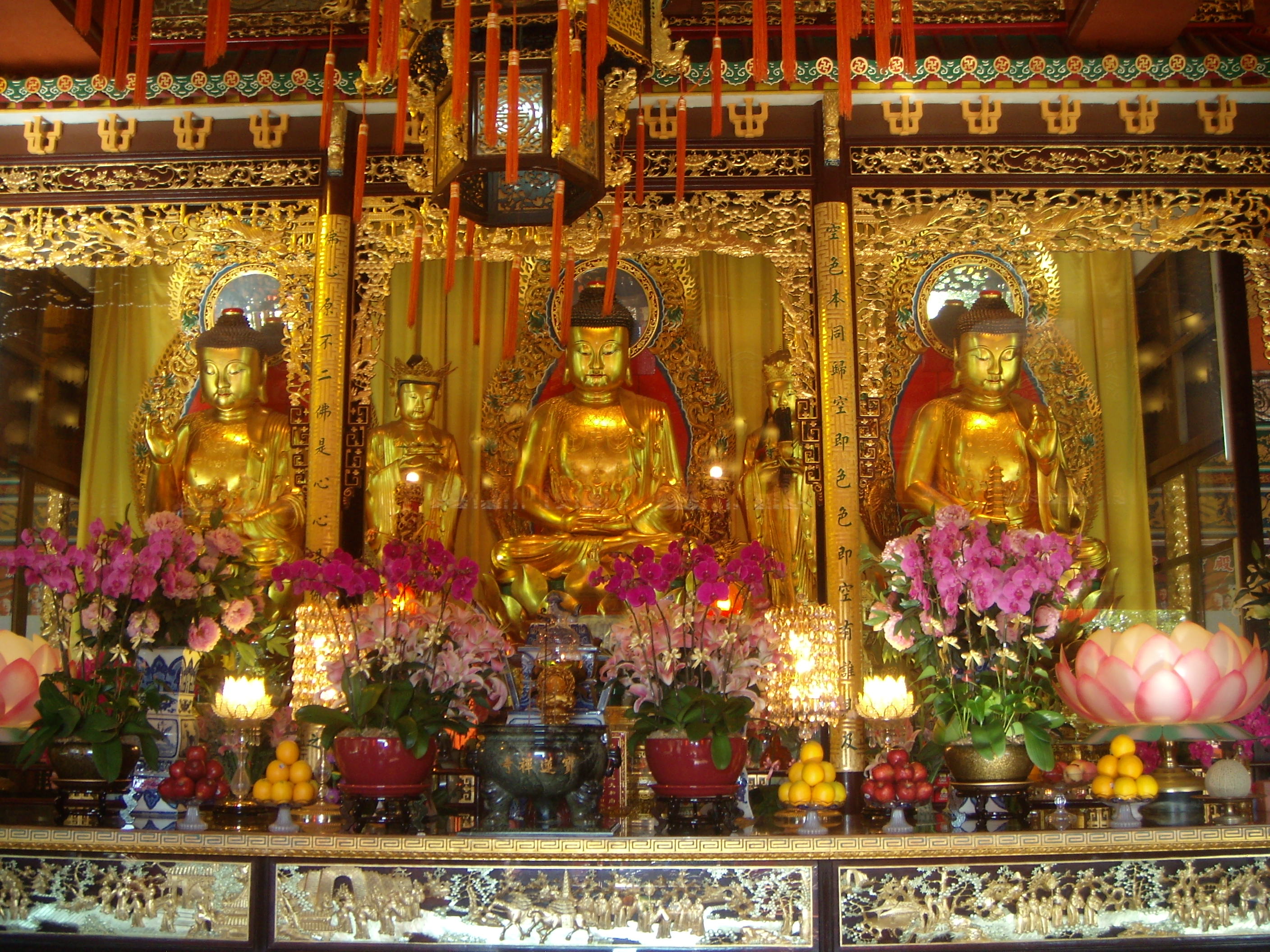Just below the Tian Tan Buddha sits the Po Lin Monastery, originally established by three monks in 1924. Po Lin refers to “precious lotus.” The lotus is significant in both Hinduism and Buddhism, as it represents “spontaneous generation” such as in divine birth or spiritual development, according to the Buddha Dharma Education Association.
My tour guide said at one time, the monastery was thriving with activity, but now it is seeking more Buddhists to join, as its membership has dwindled in recent years to about 20 to 25 monks.
One Buddhist monk, Shravasti Dhammika of Singapore, attributes the decline of interest in Buddhism to “commercialized spirituality,” a dissolution in the actual Dhamma teachings of the Buddha as opposed to temple rituals being carried out instead, and a fragmented network of Buddhist groups around the world.
“Buddhism is failing to speak to young, well-educated, modern people…. Trying to find out about Dhamma from the average Buddhist rarely works because they rarely know any. Temples and societies emphasize ritual activities rather than solid Dhamma education.” – Shravasti Dhammika, spiritual adviser to the Buddha Dhamma Mandala Society in Singapore
Dhammika suggests today’s young people in Singapore, Taiwan, Korea and Hong Kong are gravitating more toward Christianity because of its dynamic, socially engaging, and well-organized structure, but I don’t think that’s the case.
Even while on Guam, I remember hearing that the Guam archdiocese— quite organized and structured— was also seeking young recruits to join its ranks, as its seminarian enrollment had dropped. And the Catholic News Agency recently reported the Washington Theological Union would cease to operate after 2013, due in part to low enrollment.
Therefore, I don’t think it’s so much a disinterest in Buddhism than it is an overall lack of enthusiasm for investing time into higher religious education or leading an ascetic life in a world where Asia’s economies are poised for growth thanks to the productivity and drive of its young people.
After all, I’ve heard several young people in the U.S., often turned off by the structure of some Western religions, say that if they had to choose a religion, they would prefer to choose something more spiritual like Buddhism. But that doesn’t mean they’re willing to don the saffron robes either.
One Comment
Comments are closed.
















[…] A Seminary Struggles Amid Commercialized Spirituality […]